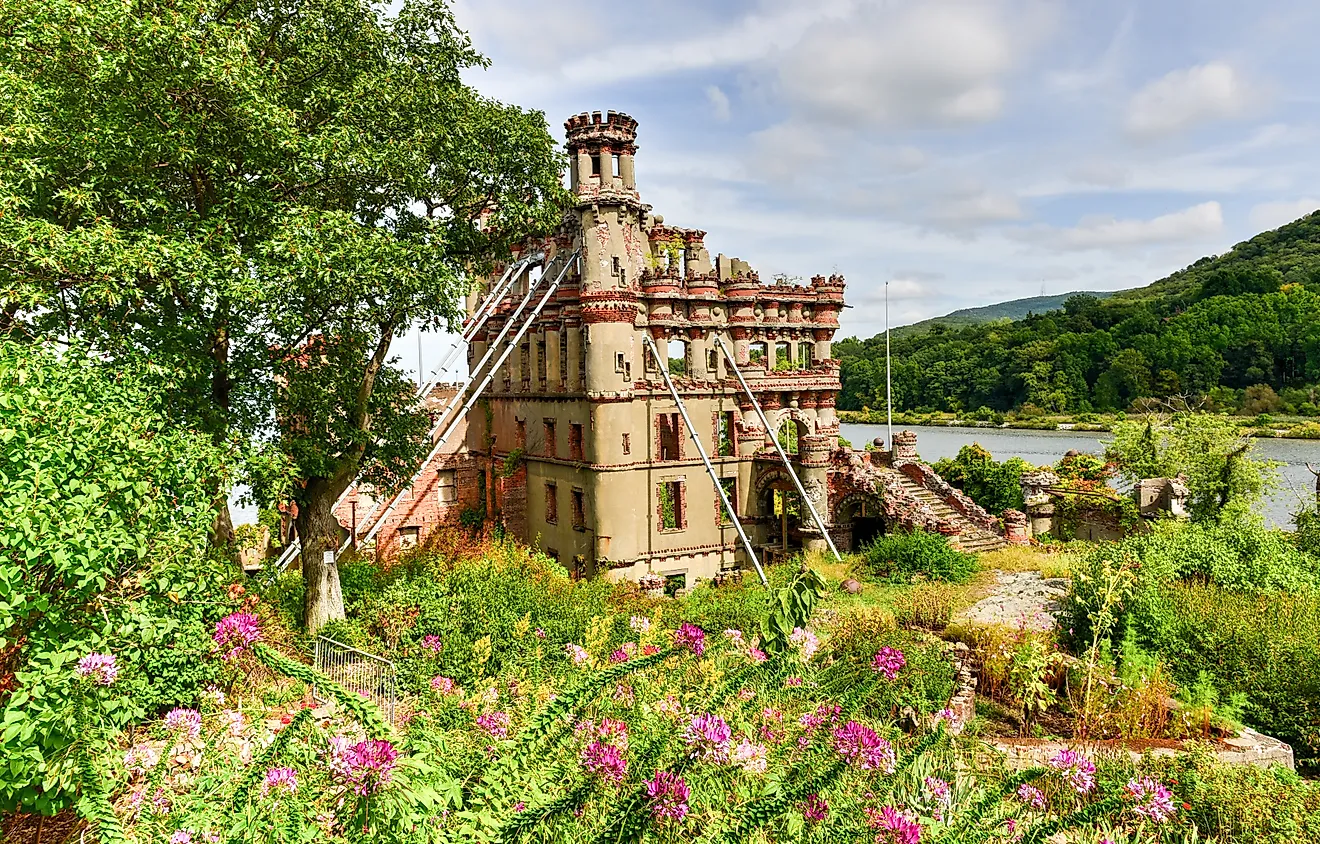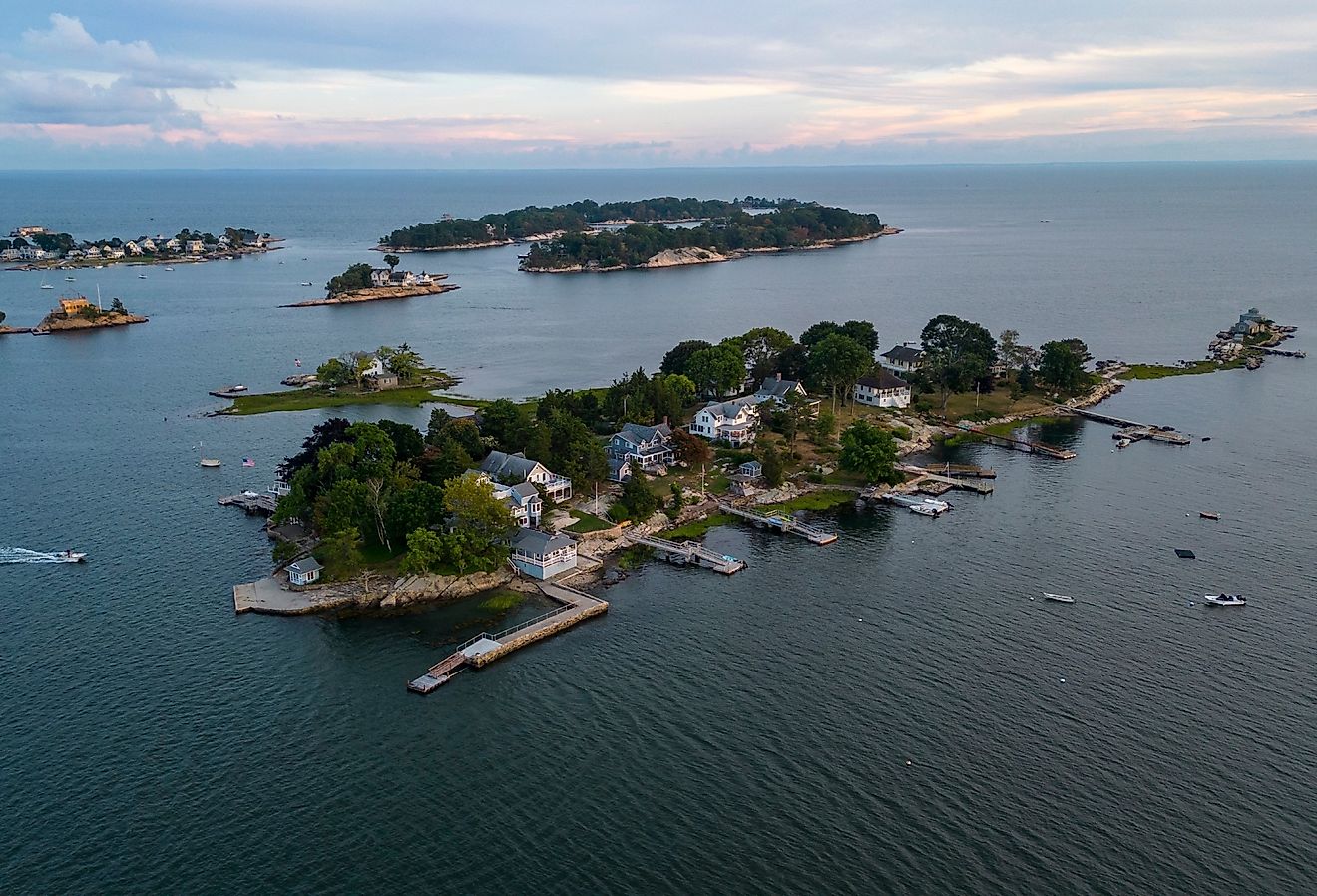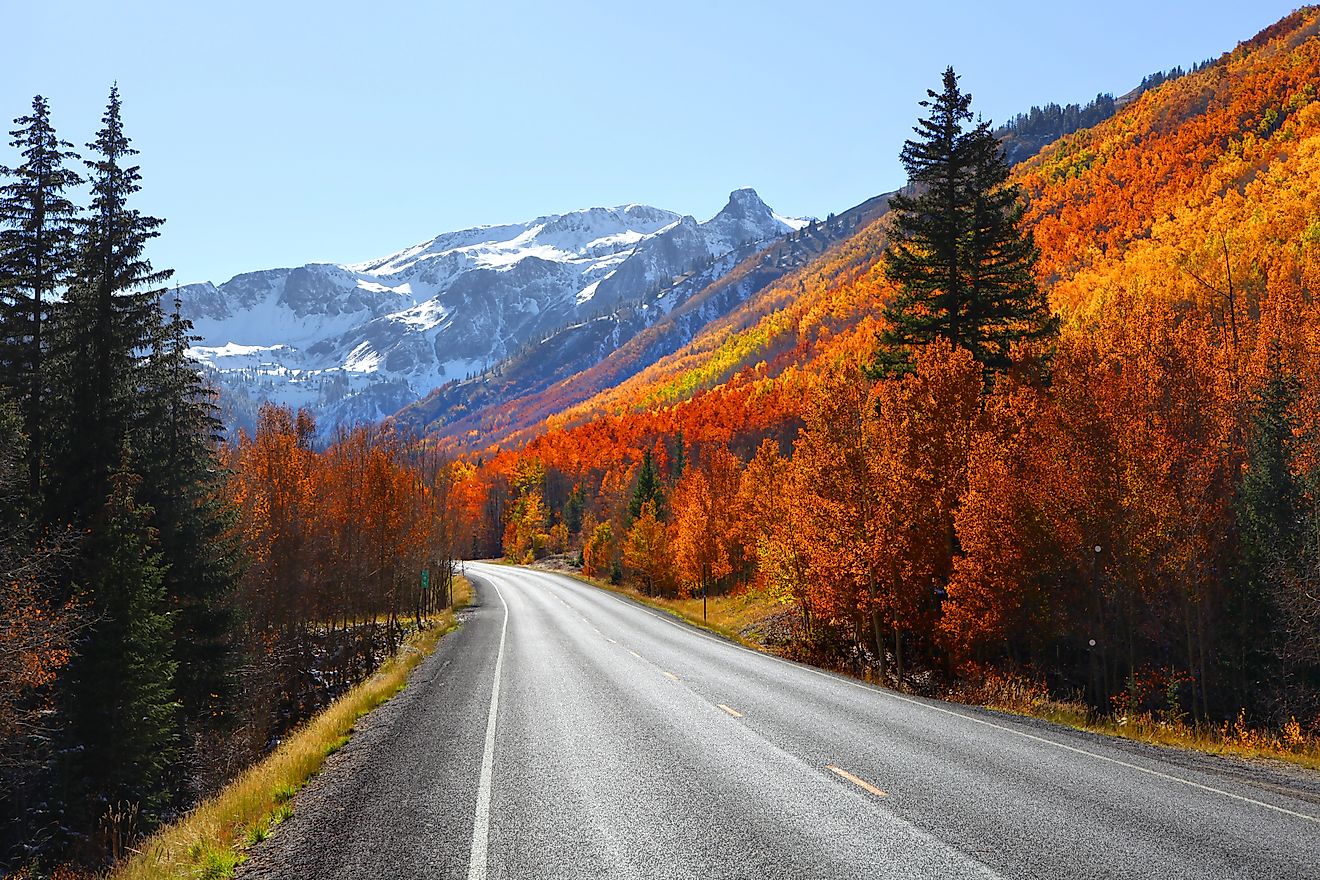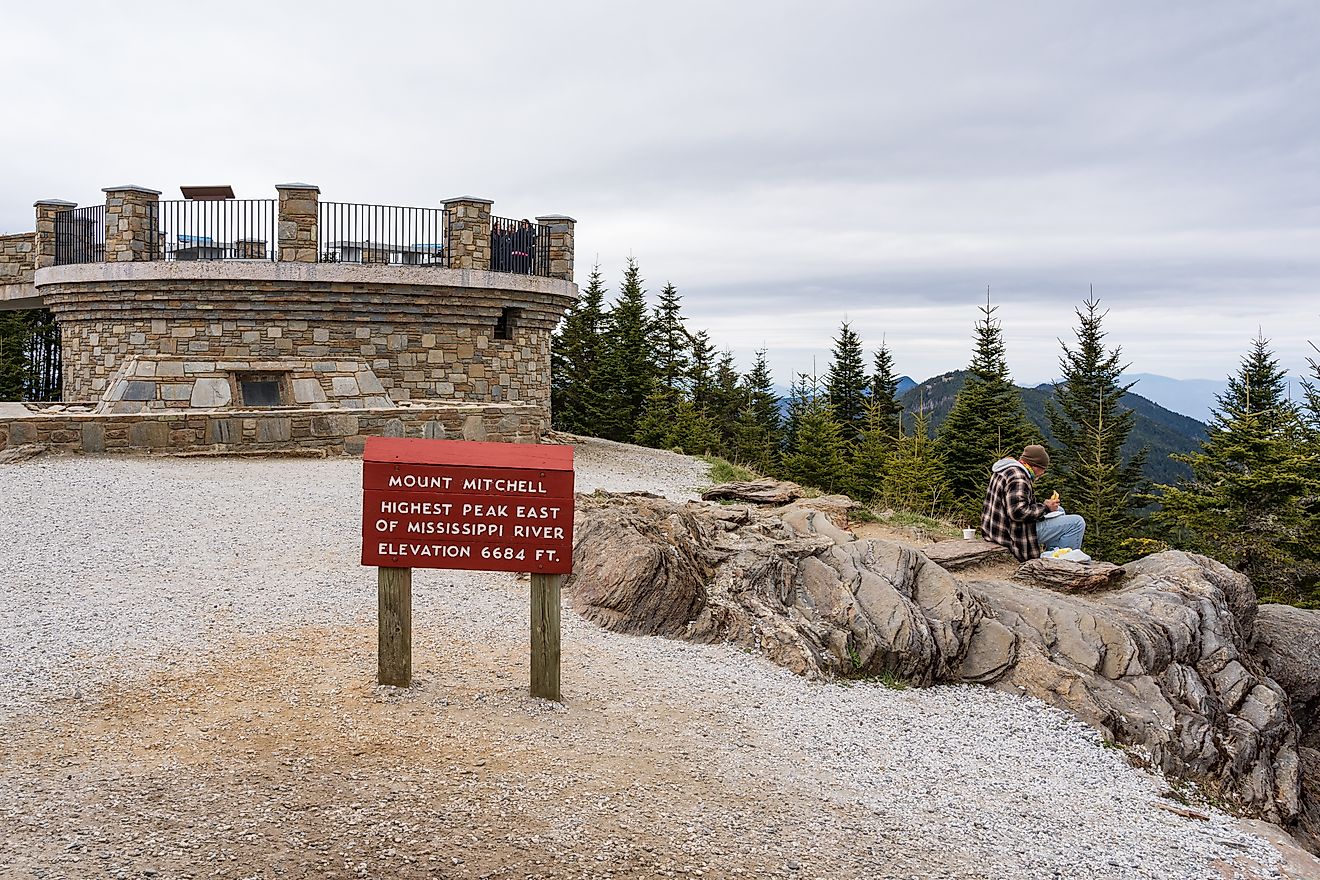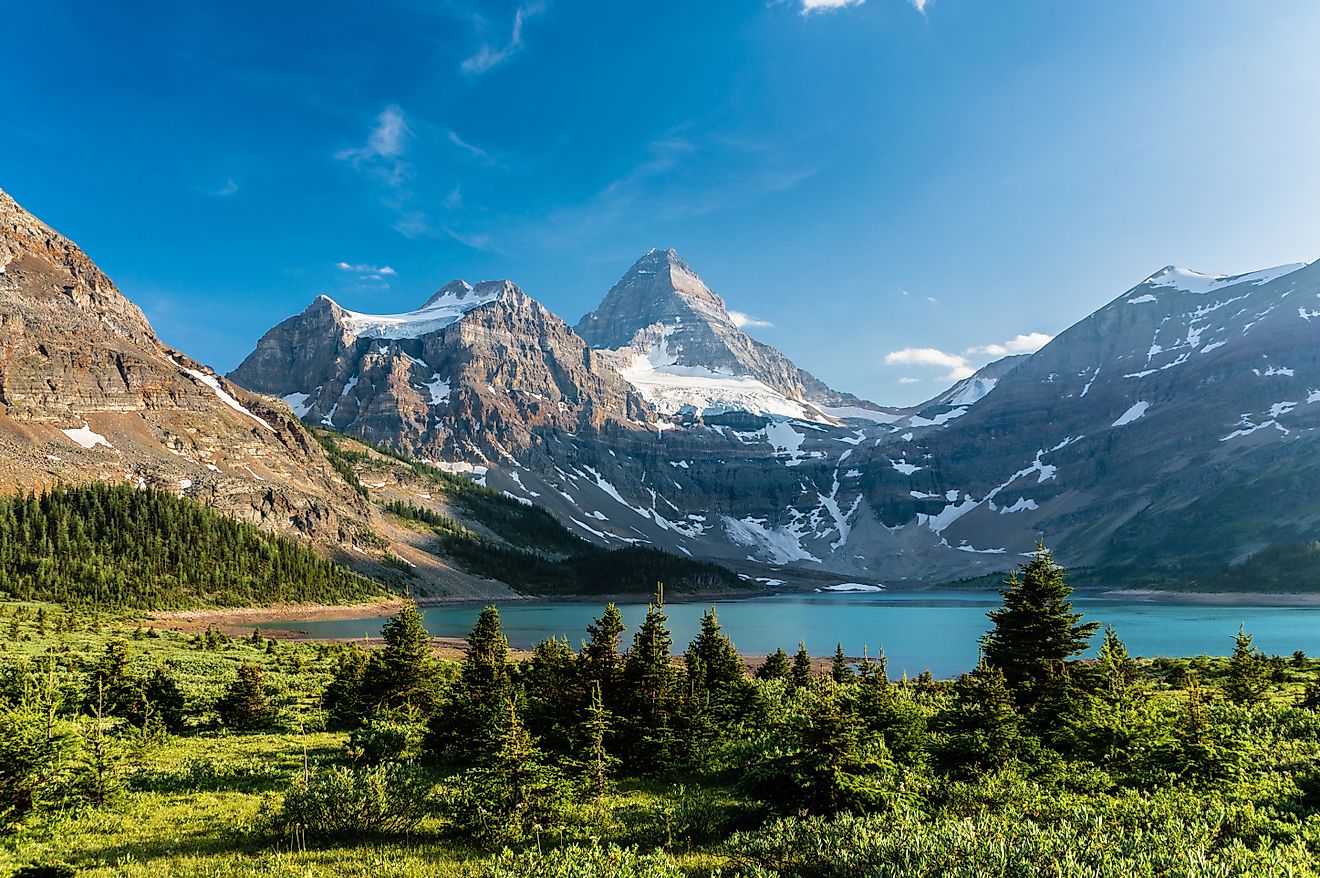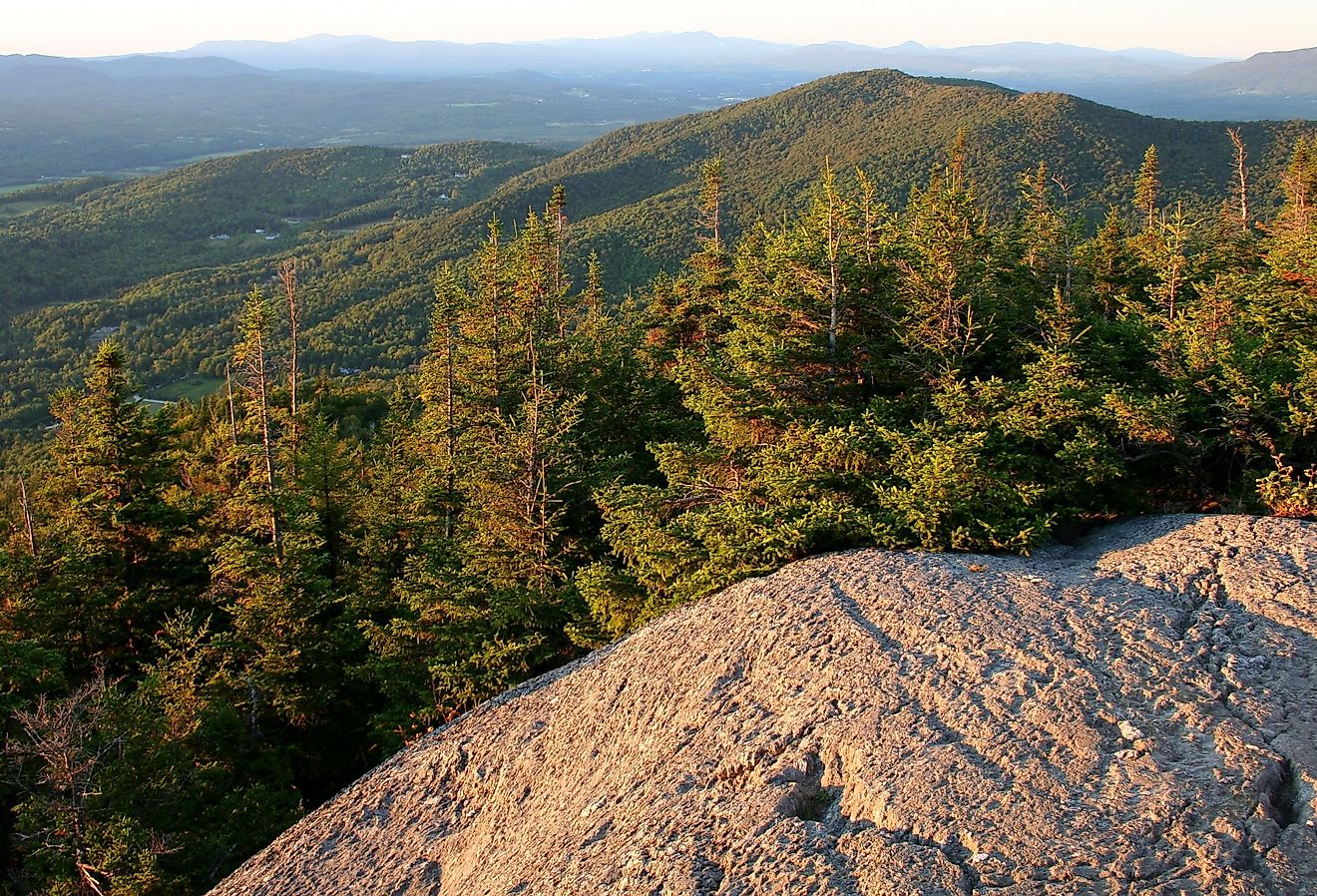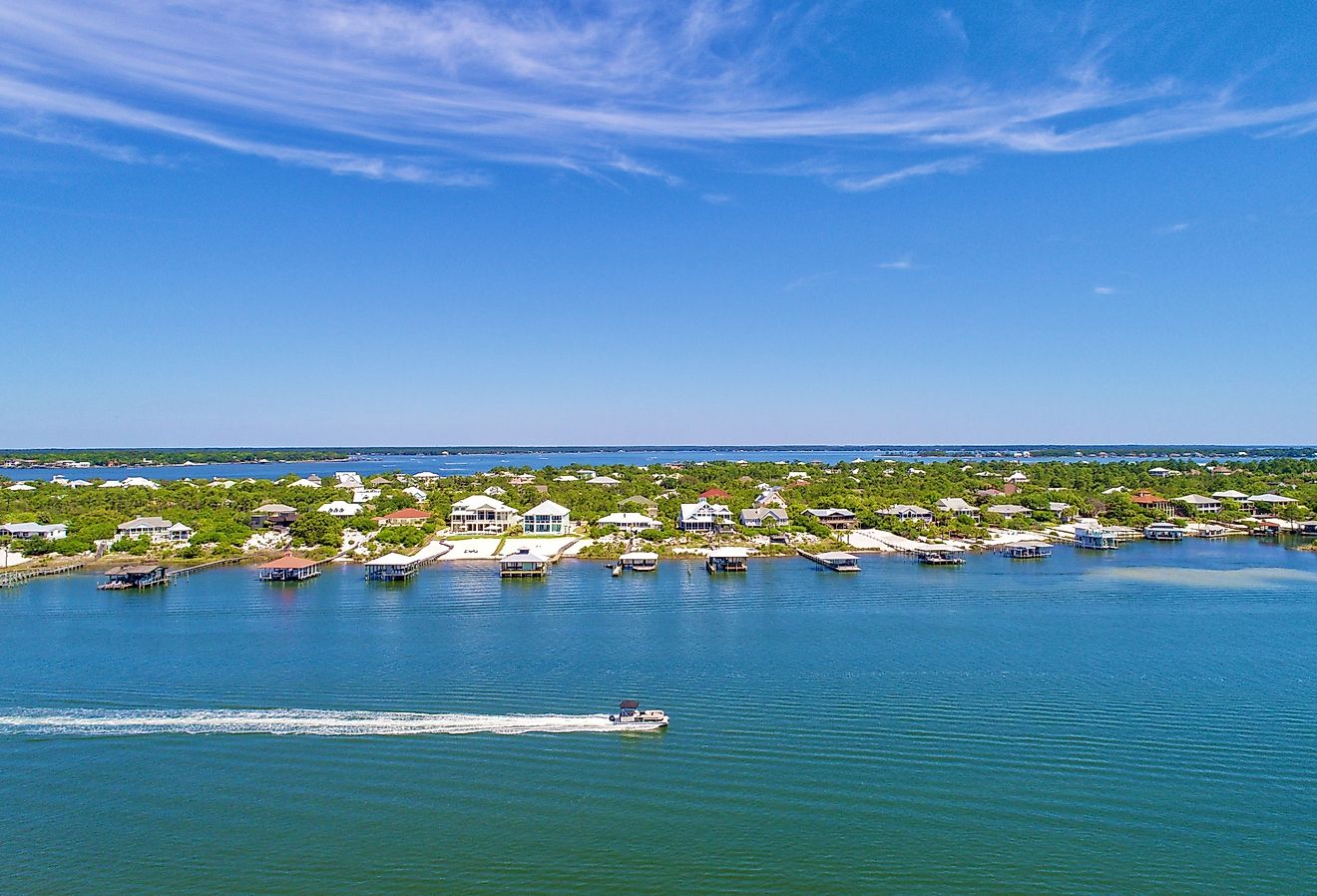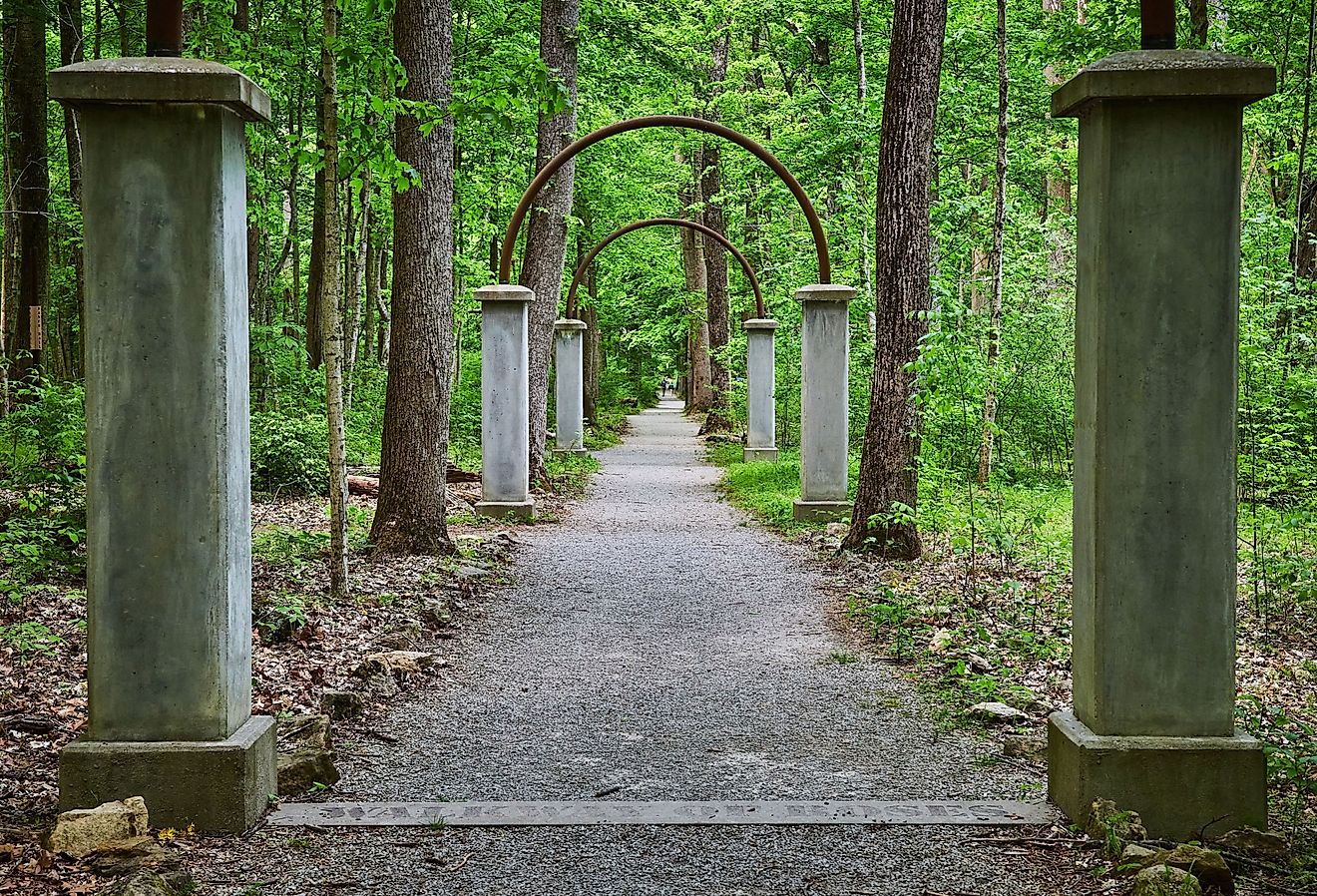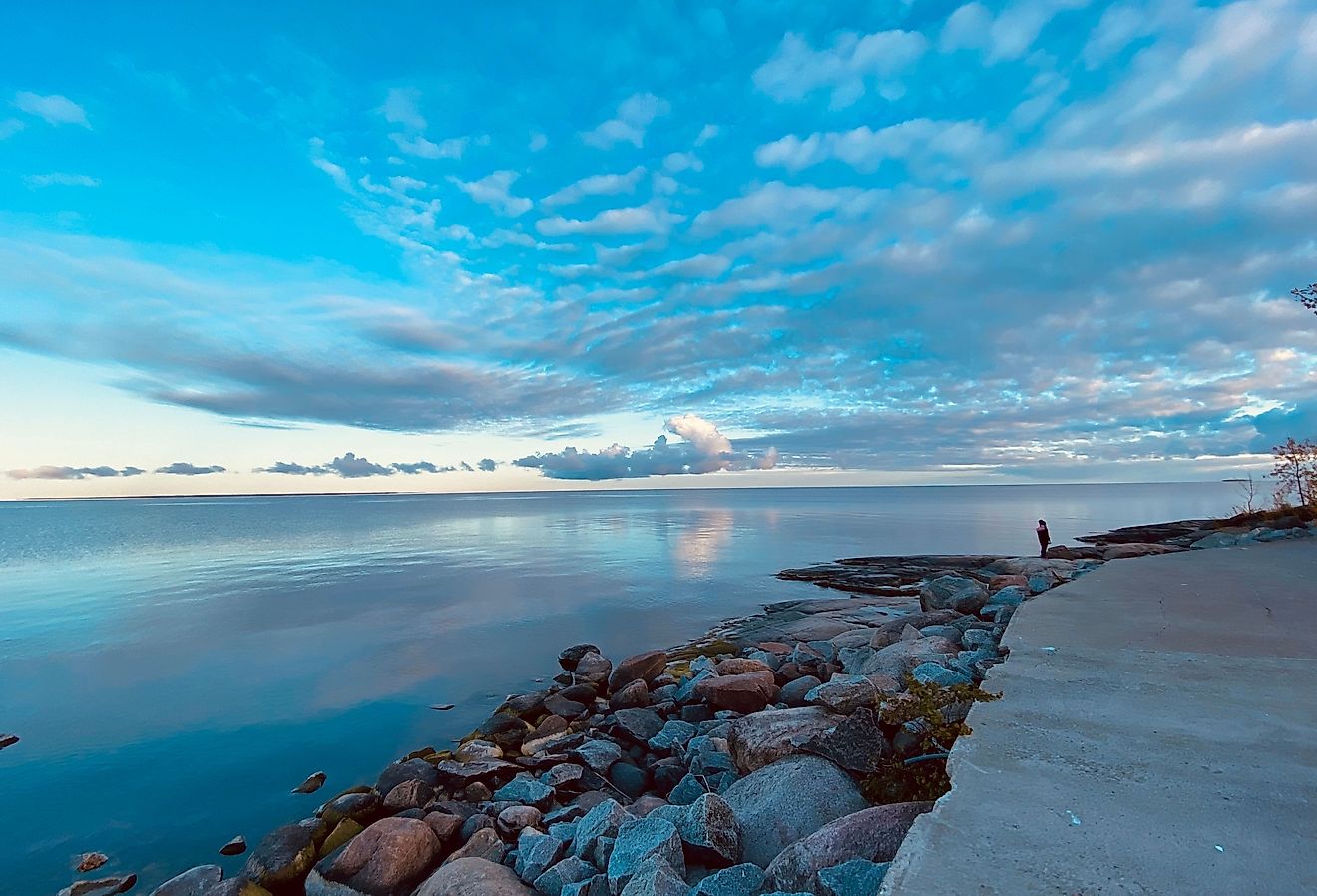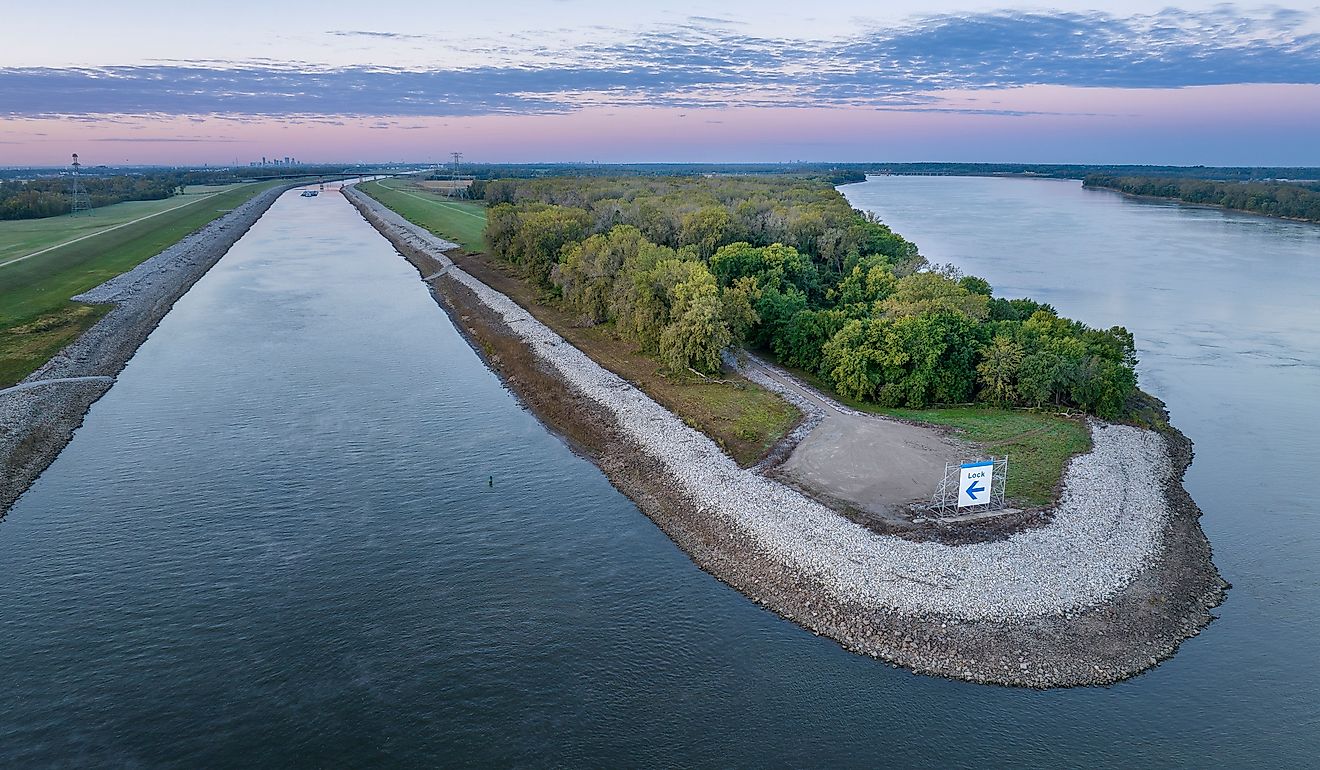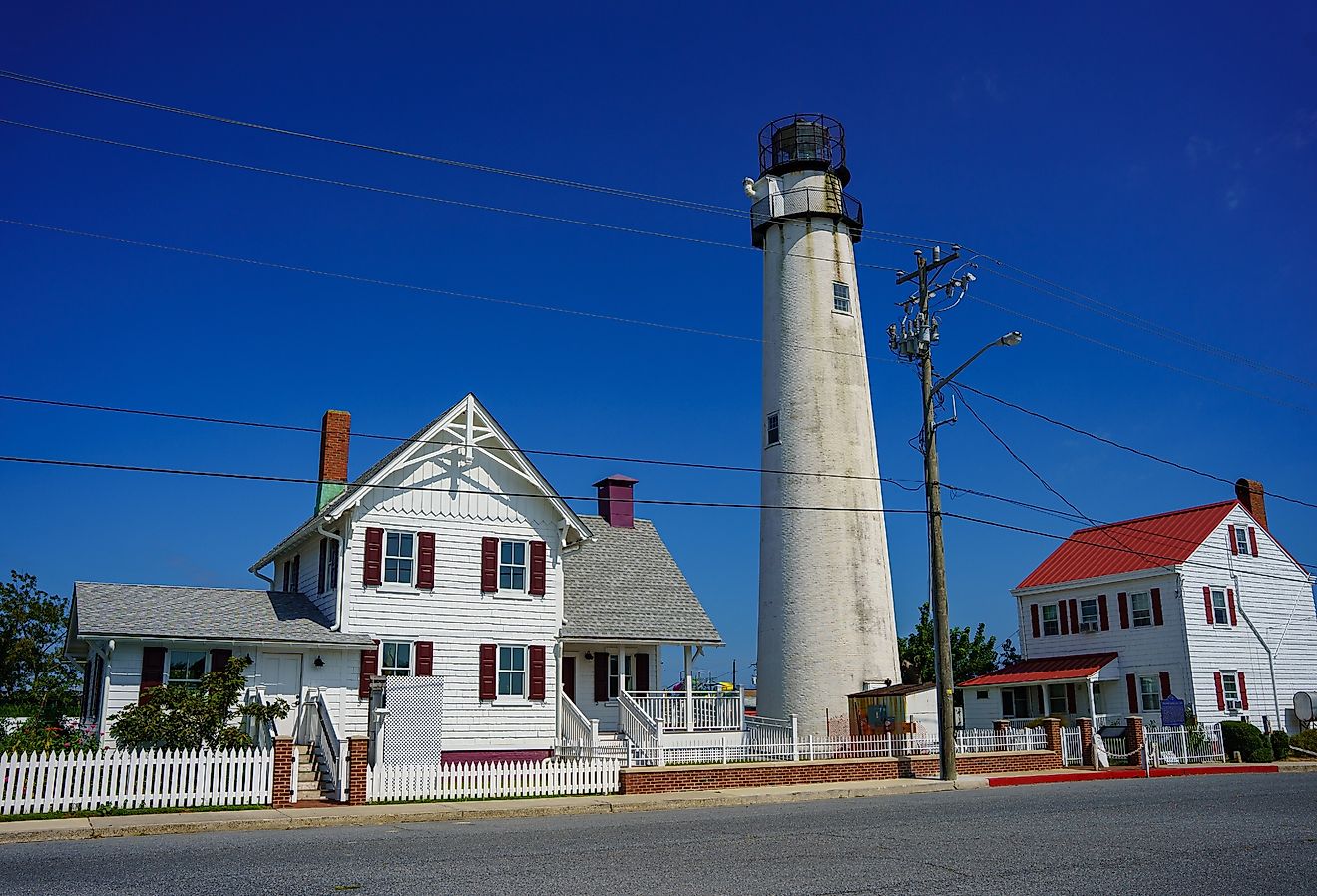
Elba, Italy
Covering an area of 223 km2, Elba is Italy’s third-largest island and is also the largest island in the Tuscan Archipelago. It is famous for being the location of Napoleon Bonaparte's first exile, from which he managed to escape in 1815. The Mediterranean island of Elba is located in the region of Tuscany on the western coast of Italy and is surrounded by the Tyrrhenian Sea. The island is situated at a distance of about 10 km from Piombino on the Italian Peninsula and about 50 km to the east of Corsica.

Geography
The island is bounded by the Ligurian Sea in the north, by the Tyrrhenian Sea in the south and by the Piombino Channel in the east. The island is separated in the west from the French Island of Corsica by the Corsica Channel. Along with the islands of Capraia, Giannutri, Gorgona, Isola del Giglio, Montecristo and Pianosa, the island of Elba is part of the Archipelago Toscano National Park.

Elba is part of Italy’s Livorno province and is administratively divided into seven municipalities. These are Capoliveri, Campo nell’Elba, Marciana Marina, Marciana, Portoferraio, Porto Azzurro, and Rio. Portoferraio is the island’s main town and port. Situated in the western part of the island of Elba is Mount Capanne which rises to an elevation of 1,019 m and is the island’s highest point.
Brief History

Elba Island was first inhabited by the Ilvati tribes of Liguria, who named it Ilva. The island was known from ancient times for its rich deposits of iron, and the Greeks referred to it as Aethalia, which refers to the fume of metal-producing furnaces. After the Ilvati tribes, the island was inhabited by the Etruscans and then by the Romans. The island was later integrated into the Republic of Pisa. For the next 200 years, the island was controlled by the Piombino Lords, after which Pisa and the island were sold in 1399 to the Visconti of Milan. The island passed through several hands over the next few centuries and was ultimately captured in 1596 by Spain.
In 1801, the island was handed over to the Italian Kingdom of Etruria. However, in the following year, the island was transferred to France. Elba's economy prospered under French rule and it was during this time that Napoleon Bonaparte was exiled on the island in 1814. Shortly thereafter, the island was handed over to the Grand Duchy of Tuscany and in 1860, it became a part of Italy. The German forces occupied the island during the Second World War. Together with the British forces, the French Army successfully liberated the island from the Germans.
Fishing and iron ore mining are important economic activities on the island, along with tourism. The houses on the island where Napoleon lived during his exile are among the major tourist attractions. Some other popular resorts on the island include the Gulf of Bidola, Porto Azurro, Mariana di Campo etc. The island is also connected to different parts of the mainland by ferry services.
